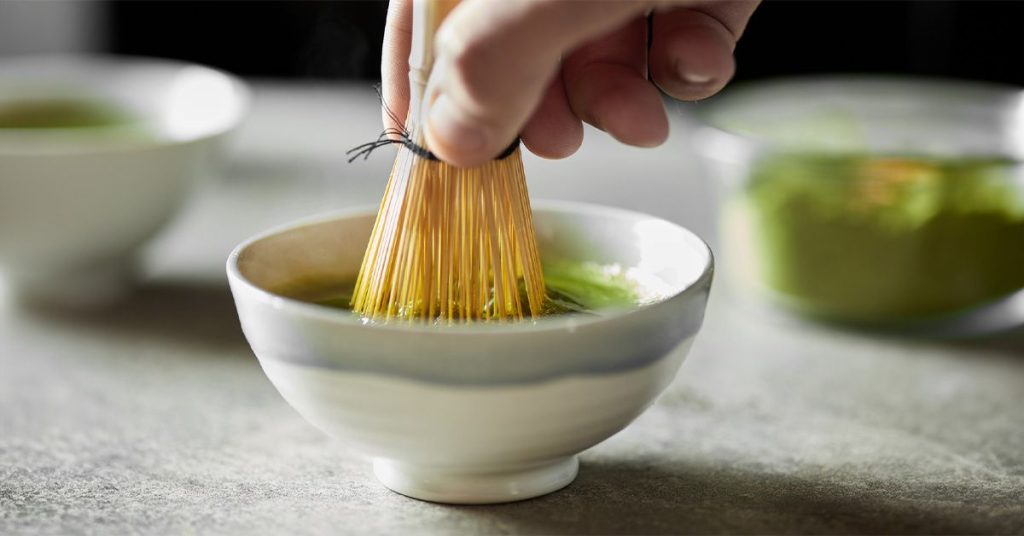Japanese researchers recently conducted a study to evaluate the potential cognitive benefits of matcha green tea for older adults. While green teas are known for their antioxidants and health benefits, the researchers were specifically interested in whether matcha green tea could improve cognitive functions such as memory and executive functioning. Despite finding no significant improvements in these cognitive areas, the study did show that matcha green tea may help with social cognition and sleep for older adults with mild cognitive decline.
Matcha green tea is rich in vitamins and minerals, including vitamins C and E, magnesium, and potassium. It also contains bioactive compounds such as theanine and catechins, which can help relax the mind and suppress inflammation in the body. The researchers recruited 99 participants aged 60 to 85, with 64 reporting subjective cognitive decline and 35 reporting mild cognitive impairment. Participants were randomly assigned to either a matcha or placebo group and monitored for 12 months. The matcha group took 2 grams of green tea daily while the placebo group took a capsule with corn starch, ensuring a balance based on age and dementia risk factors.
Cognitive assessments were administered at the beginning, end, and 6 months after the study, including tests for memory, executive functioning, attention, social acuity, and sleep quality. Neuroimaging was used to check participants’ gray and white matter levels in their brains at the baseline and end of the study. The researchers found that while the matcha group did not show improvements in memory or executive functioning compared to the placebo group, they did experience improvements in social acuity and sleep quality. The researchers believe the theanine in matcha may have contributed to the improved sleep quality observed in the study.
Poor sleep is linked to an increased risk of developing dementia, making the study results particularly important for those concerned about their sleep quality. The improvement in social acuity in the test group is seen as promising, as difficulties in social communication are early indicators of dementia. Although more research is needed to understand the precise effects of matcha on cognitive health, experts agree that the theanine and catechins in matcha may play a role in improving social cognition and sleep quality for older adults with mild cognitive decline.
Dr. Ralph Waldo, an integrative medicine practitioner, found the study results intriguing and believes the high theanine content in matcha is key for the observed benefits. Dr. Clifford Segil, a neurologist, notes that while matcha may not be a standalone intervention for dementia prevention, further research into its impact on sleep quality and mood is warranted. Both experts agree that more research is needed to fully understand the cognitive benefits of matcha green tea, particularly in the context of mild cognitive impairment. Despite mixed results in the study, matcha green tea shows promise in improving social cognition and sleep quality for older adults, highlighting its potential as a beneficial addition to a healthy lifestyle.


